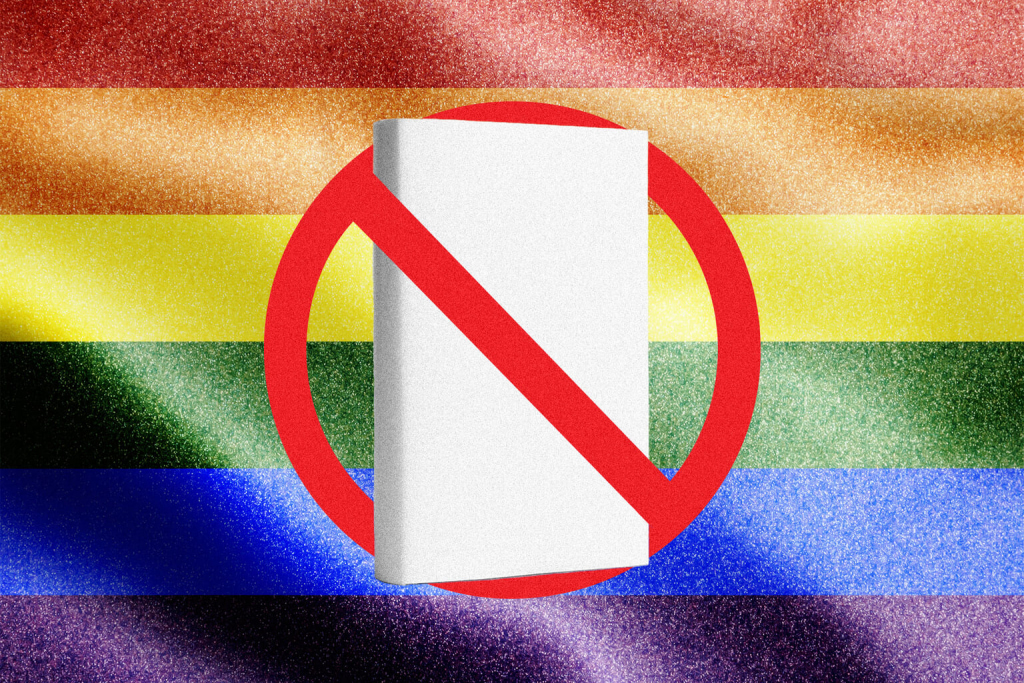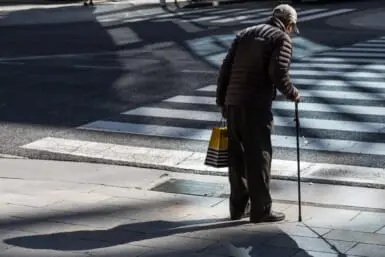Texas is leading among the 26 states taking steps to eliminate over 1,500 books in schools and public libraries across the US. In the last couple of weeks, one of the biggest discussions coming out of the North American country is how this movement is putting people of color and LGBTQ representation in danger.
If you’re wondering what that looks like in numbers, according to a report by PEN America, of the 1,500 banned books announced so far, 41 percent contain main or secondary characters of color and 33 percent contain LGBTQ themes. Other notable topics targeted by this ban are sexual assault and racism.
Last fall, The Texas Tribune released a complete list of 850 titles to be banned in the southern state. (Note: There is some overlap between that list and PEN America’s list, though these are separate indexes of banned books). Many publications were shocked to find Khaled Hosseini’s The Kite Runner and Margaret Atwood Handmaid’s Tale series on the list.
When sifting through the 850 titles (mainly out of curiosity) one Japanese name made not one, not two, but eight appearances: Takako Shimura, a manga artist famous for her series with strong LGBTQ representation. Volumes one through eight of her manga series Wandering Son are disappearing from Texas libraries and schools.
Shimura is (to our knowledge, at least) the only Japanese author on the list.
Wandering Son’s Reception in Japan and Abroad
Despite Wandering Son‘s publication debut being nearly 20 years ago — the first chapter was published in 2002, followed by the first compiled volume the following year — it remains a beloved and award-winning series.
Wandering Son, while a fairly limited series per Japanese standards, was also granted an animated rendition, which aired in 2013 on Fuji TV. The series (both the manga and the animated television show) was later translated and distributed in other parts of the world including in the US. It’s generally agreed that the television series was better received, some say thanks to a few tweaks to the story by director Ei Aoki.
Though Shimura’s manga was not the first to tackle LGBTQ-related topics in Japan, it was one of the few chosen to be exported overseas. This is not unlike Fumi Yoshinaga’s What Did You Eat Yesterday?, which is ongoing and also got a television adaptation in 2019.
Among Shimura’s other works, Sweet Blue Flowers figured as another stand-out piece about LGBTQ issues. It became popular in Japan and abroad around the same time as Wandering Son.









